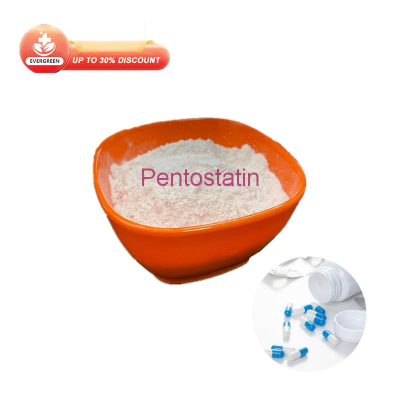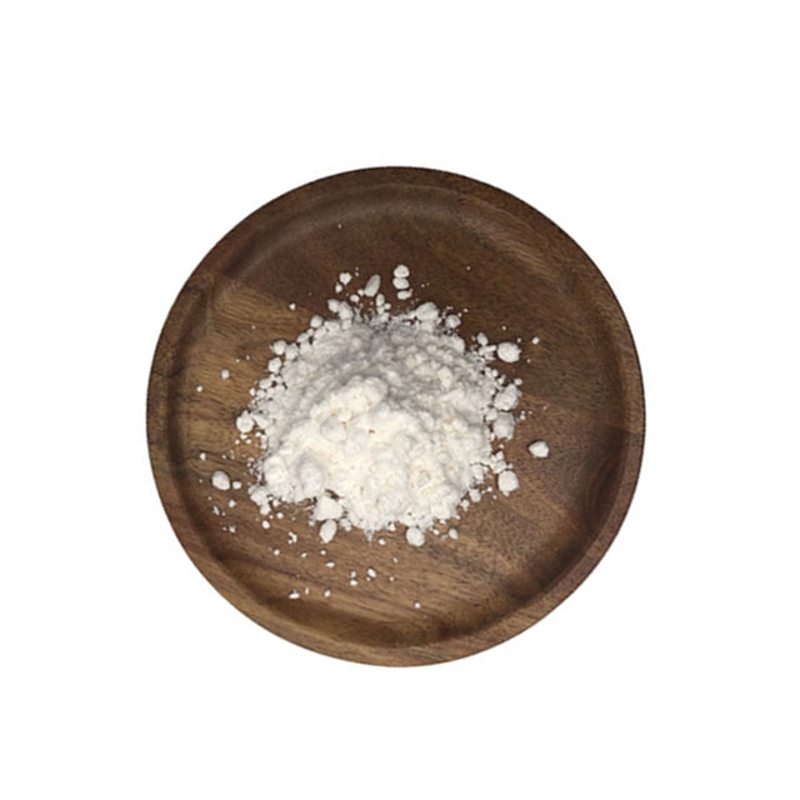-
Categories
-
Pharmaceutical Intermediates
-
Active Pharmaceutical Ingredients
-
Food Additives
- Industrial Coatings
- Agrochemicals
- Dyes and Pigments
- Surfactant
- Flavors and Fragrances
- Chemical Reagents
- Catalyst and Auxiliary
- Natural Products
- Inorganic Chemistry
-
Organic Chemistry
-
Biochemical Engineering
- Analytical Chemistry
- Cosmetic Ingredient
-
Pharmaceutical Intermediates
Promotion
ECHEMI Mall
Wholesale
Weekly Price
Exhibition
News
-
Trade Service
Written | Zhang Tailiu Editor | Qi known that a variety of bacteria can colonize and proliferate in human tumors, regulate tumor immune response, and ultimately affect the survival of cancer patients and their response to anti-tumor therapy [1].
However, are there antigens derived from intracellular bacteria in tumor cells and presented by MHC I and II? Can these antigens induce tumor-infiltrating T cell immune responses? Recently, Yardena Samuels from the Weizmann Institute of Science published an article titled "Identification of bacteria-derived HLA-bound peptides in melanoma" in Nature, using 16S rRNA sequencing and HLA peptidomics in 17 of 9 patients.
Among the melanoma metastases, antigen peptides derived from bacteria and presented by HLA-I and HLA-II were identified, and 248 HLA-I peptides and 35 HLA-II peptides from 41 bacterial sources were identified.
The same bacterial peptides are present in the tumors of different patients and in different tumors of the same patient.
Studies have revealed that peptides produced by bacteria in cells can be presented by tumor cells and trigger an immune response, thereby providing a mechanism for bacteria to affect immune system activation and anti-tumor treatment response.
The researchers first performed 16S rRNA sequencing on 17 melanoma metastatic tumor samples from 9 patients and identified 41 types of bacteria, and the bacterial composition between different metastases of the same patient and tumors of different patients were highly similar.
Sex, that is, there are common types of bacteria in melanoma.
Analysis of HLA-binding peptides identified 248 unique HLA-I related peptides and 35 unique HLA-II related peptides.
The number of HLA-I and HLA-II peptides in each metastasis is between 0-16; the number of HLA-I and HLA-II peptides from each type of bacteria is between 0-45.
Among them, 11 HLA-I-related peptides appeared repeatedly, derived from Fusobacterium nuclei, Staphylococcus aureus and Staphylococcus capitis.
5 peptides appeared in different metastases of the same patient, and 6 appeared in tumors of different patients.
in.
In most samples, the percentage of bacterial peptides matching HLA-C*03:04, HLA-C*03:03, and HLA-A*02:01 alleles in each sample is higher than that of matching the same alleles Percentage of human peptides.
So, are these bacterial peptides presented by melanoma cells or by antigen presenting cells (APC) in tumors? Researchers first proved that bacteria identified in melanoma patient samples can enter tumor cells.
Then, using the same species of bacteria identified in the tumor to co-culture with the melanoma cell line, HLA-I and HLA-II peptides can be identified.
Knockdown of HLA-I and HLA-II expression leads to a decrease in the number of identified HLA-I and HLA-II related peptides; co-cultivation with bacteria with low cell invasiveness also leads to the identification of HLA-I and HLA-II Decrease in the number of peptides.
It shows that the presentation process of these bacterial peptides is specific.
Further separation of bacteria in melanoma tumors, in vitro co-cultivation found that these bacteria can invade melanoma cells, and HLA-I and HLA-II related bacterial-derived peptides can be identified.
At the same time, it was found that some bacterial peptides can be presented by melanoma cells as well as by antigen-presenting cells.
In addition, there are 39 bacterial protein families with multiple bacterial-derived peptides.
Among them, the pyruvate-ferredoxin oxidoreductase of Clostridium sclerottis has the largest number of bacterial-derived peptides, with 12 HLA-I peptides, 3 HLA-II peptides.
Finally, the researchers studied the immunogenicity of these bacterial-derived peptides.
Using bacterial-derived peptides to process B cells expressing matching HLA alleles, and then co-cultivating B cells with tumor infiltrating lymphocytes (TILs), TILs secreted IFNγ increased, and CD69 expression increased, proving these bacterial-derived peptides It is immunogenic.
In general, studies have proved that there are bacterial-derived HLA peptides in melanoma, and both tumor cells and antigen-presenting cells can present bacterial-derived HLA peptides.
Bacterial-derived HLA peptides are immunogenic or may be Explain that the bacteria in the tumor affect the immune response in the tumor and the patient's treatment response.
Reprinting Notes [Original Articles] BioArt original articles are prohibited from being reproduced without permission.
The copyrights of all published works are owned by BioArt.
BioArt reserves all statutory rights and offenders must be investigated.
Original link: https://doi.
org/10.
1038/s41586-021-03368-8 Platemaker: Qijiang Reference 1.
Riquelme, E.
et al.
Tumor microbiome diversity and composition influence pancreatic cancer outcomes.
Cell 178, 795 –806 (2019).







